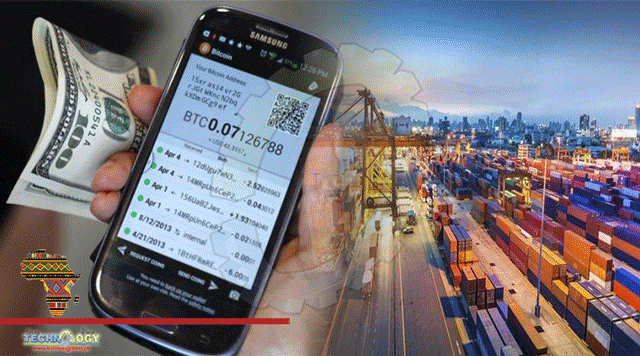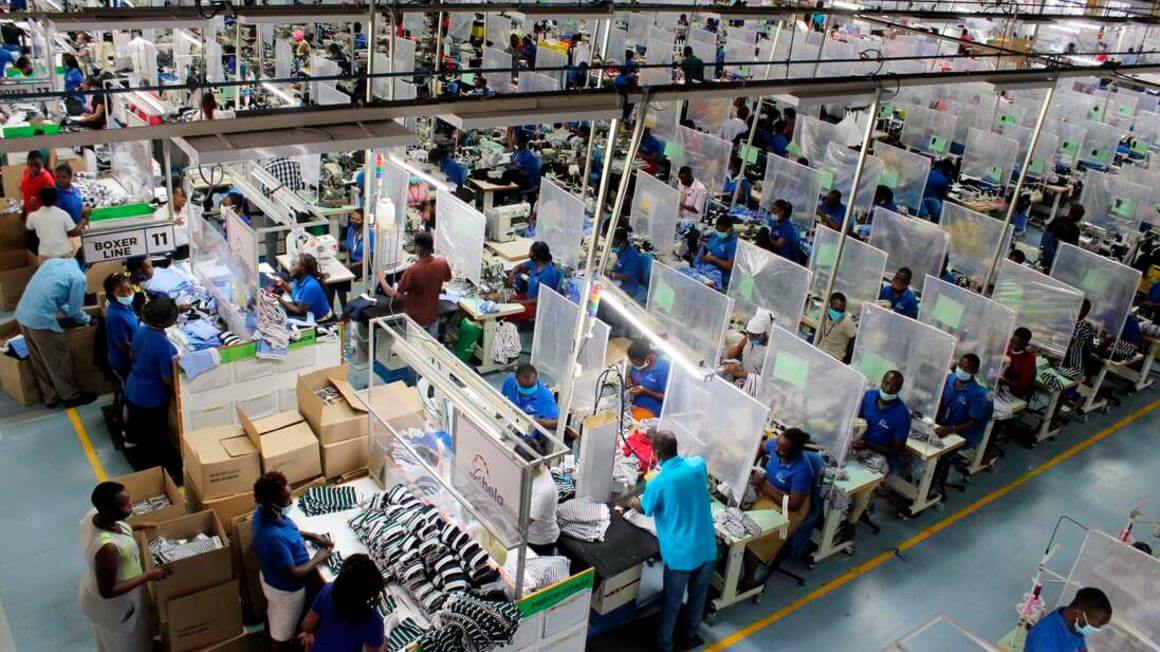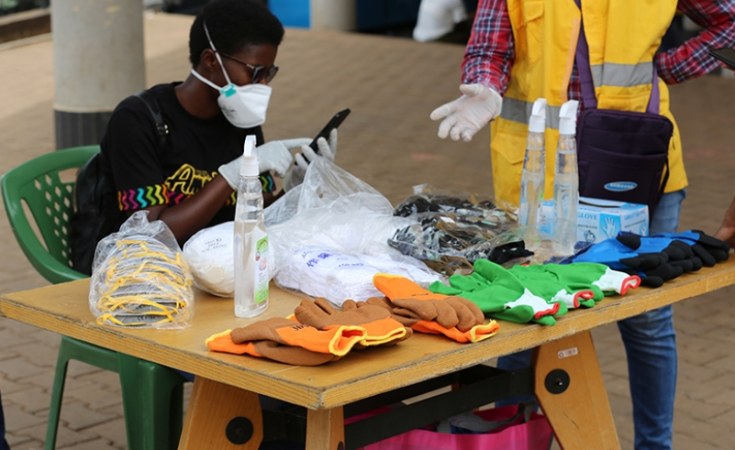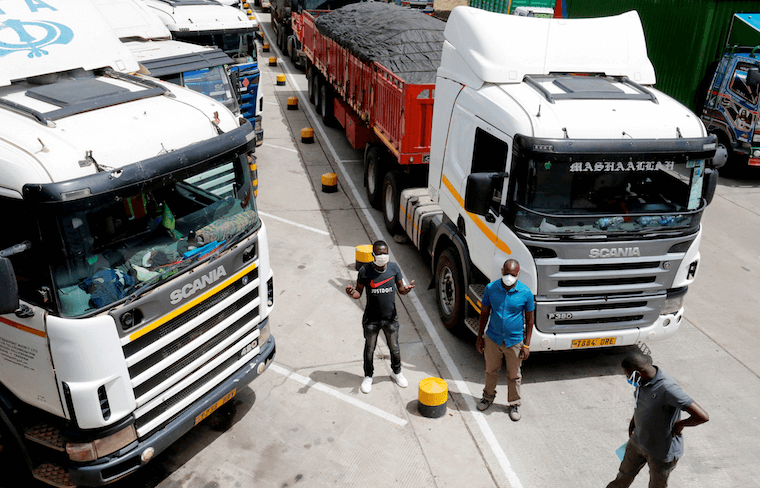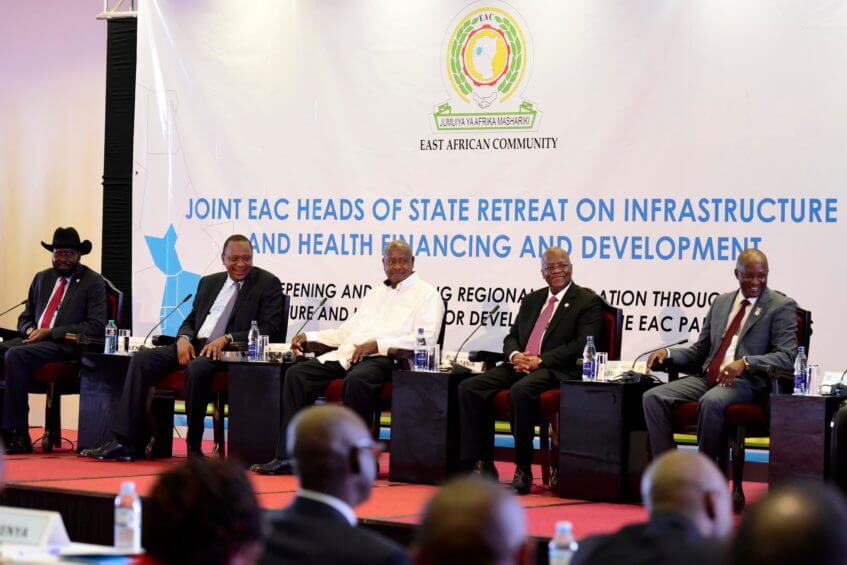Last month, one of the world’s largest trade accords, the African Continental Free Trade Area (AfCFTA) covering more than a billion people and with a GDP of greater than $3-trillion, went live. Experts predict that removing tariffs alone could boost trade between African countries by 15% ($50-billion) to 25% ($75-billion) by 2040. As governments, corporations and SMEs grapple with implementation to capitalise on the expected increase in interregional trade, it is important to ensure the benefits of expanded trade between nations on the continent positively impact more Africans. The answer may lie in a digital payment revolution sweeping across the continent. Financial inclusion is essential for democratisation of access to opportunity among Africans seeking to benefit from the AfCFTA. A Senegalese microentrepreneur working in the leather industry needs to have a way of accepting payments from local or regional off-takers of her products, in order to participate in the new opportunities that the trade pact brings. Approximately 350-million Africans do not have access to a financial services account and according to Mastercard, 95% of transactions on the continent are still done in cash. This reduces the scope for cross-border payments and trade. Thankfully, Things Are Changing Quickly. The Covid-19 Pandemic Accelerated The Adoption Of Digital Financial Services As Consumers Embraced E-Commerce And Contactless Payments, and governments and NGOs across the continent leveraged digital wallets to make palliative funds transfers to their most vulnerable citizens. Ghana’s central bank eased know-your-customer (KYC) regulations in March 2020 for an initial period of three...
Could Innovation In Payments And E-Commerce Expand African Trade?
Posted on: March 2, 2021
Posted on: March 2, 2021

